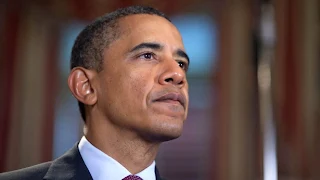In an exclusive interview to CCTV correspondent Wang Weiwei, Syrian President Bashar al-Assad has confirmed that Syria plans to honor its commitment to the chemical weapons disarmament deal
Monday, September 23, 2013
No comments
In an exclusive interview to CCTV correspondent Wang Weiwei, Syrian President Bashar al-Assad has confirmed that Syria plans to honor its commitment to the chemical weapons disarmament deal.
But he warned that rebels could throw a spanner in the works when UN weapons inspectors arrive to oversee the destruction of the weapons. Al-Assad gave more details in the exclusive interview.
Reporter: "According to the US-Russia's agreement, after the list is handed in to the OPCW, UN inspectors will enter Syria again this November. And all weapons should be removed from Syria or destroyed by mid-2014. Is the Syrian government able to meet the timeline?"
Reporter: "According to the US-Russia's agreement, after the list is handed in to the OPCW, UN inspectors will enter Syria again this November. And all weapons should be removed from Syria or destroyed by mid-2014. Is the Syrian government able to meet the timeline?"
Syrian President Bashar al-Assad said, "For the Syrian government, right now we need to ensure two things: one is to submit necessary information and data to the OPCW. This has been done days ago. It has been completed last week and the information is credible. Second is to facilitate the work of the UN inspectors who will visit the production and restoration sites of the chemical weapons in the coming month. There is no question to that. Now the only obstacle is the security conditions in some areas, which will make it difficult for the inspectors to enter. We know that those terrorist militants in these areas take orders from some countries, who may instigate them to block the visit of the inspector. And they may even shift the blame on to the government."
read more >>













































